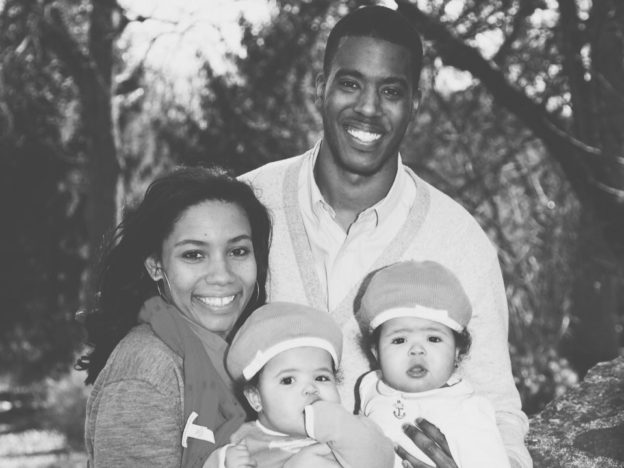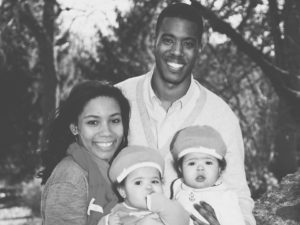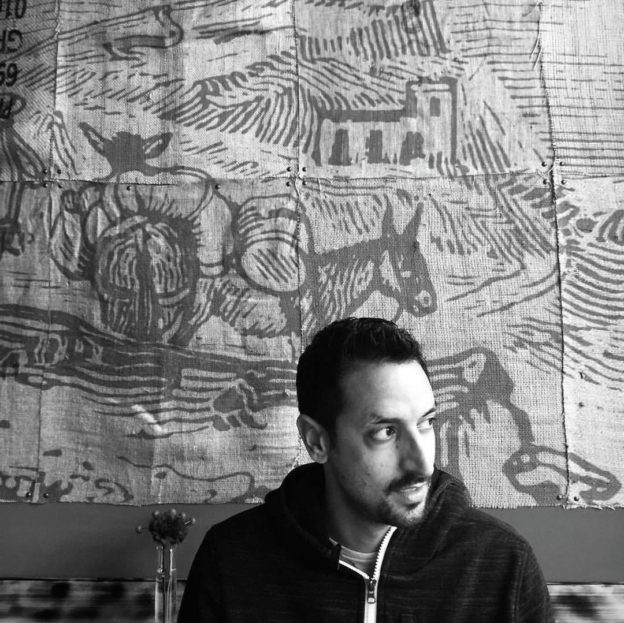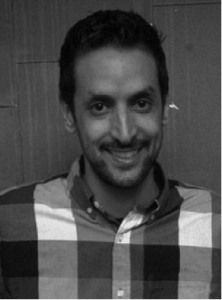by Drew Jackson
In William Shakespeare’s play Measure for Measure, it was Claudio who said, “Death is a fearful thing.” These words resonate with each of us in one way or another. We all have fears associated with death. Like the child who is afraid of the dark, we fear what we cannot see. We fear that which we cannot know for certain. Fear of the unknown causes us to have great anxiety at the thought of death.
Will the process be painful? Is there any life after death? How will I be remembered when I’m gone, if I’m even remembered at all? These are just a few of the questions that race through our minds when we are confronted with the thought of our own death.
Not only do we have fear of the unknown when it comes to death, but we also fear the loss of control. Death is the ultimate surrendering of control. It is the final act of letting go. This, however, is what causes us to fear because we like to grip tightly to life. We fear death because we don’t want to lose life. Yet it was Jesus who said, “If you try to hang on to your life, you will lose it. But if you give up your life for my sake, you will save it.”
This is the great paradox: that life best lived is lived as a series of losses, a series of deaths. Death is not meant to be a one time event at the end of life but, rather, a daily experience by which by which we learn to continually embrace the unknown, step into mystery, and release the need to control. The last words that Jesus breathed out as he hung on the cross were, “Father, into your hands I commit my spirit.” However, we know that this committing or surrendering of the will to God, this death, was not just a one time act but, it was a moment by moment practice throughout the life of Jesus.
The practices of contemplative spirituality, such as silence, solitude, and stillness, make space for us to learn this type of surrender in the midst of our daily lives. Thus, the contemplative way is a practice in “death.” If you have ever witnessed the moment of death you know that death is ultimately silent, still, and alone. The practices of contemplative spirituality prepare us for this. The contemplative way thrusts us into the beautiful struggle of embracing the unknown and losing the need to control.
In silence and solitude we confront our fear of the unknown because we are forced to come face to face with ourselves. We fear what we cannot see or discern, and most of us live without being able to see what lies beneath the surface of our own lives.
We often drown ourselves in noise and busy ourselves with activity because we don’t know what we will discover if we are left to our own selves and our own thoughts. Yet it is when we come to see ourselves that we learn what must metaphorically, die. The Apostle Paul said in 1 Corinthians 15:31, “I die every day.” The death he was referring to was the death of what he often called the flesh, or what the mystics call the false self or the shadow self. When we adopt contemplative practices as regular parts of our lives, we are taught how to welcome death to our false self, instead of resist it.
Both Scripture and nature teach us that death is the pathway to life.
Jesus said in John 12:24, “Unless a grain of wheat falls into the earth and dies, it remains alone; but if it dies, it bears much fruit.” Without death there can be no life. Learning to practice death through contemplation teaches us what it looks like to live, and live fruitfully. The fruit that results from death to the false self is rarely, if ever, for us, but it is for others to experience life. The Apostle Paul speaks to this when he says in 2 Corinthians 4:12, “death is at work in us, but life in you.” This is the story of the Christian gospel, that death for Jesus meant life for the world. When the gospel becomes a lived reality in our lives, we practice death so that others can experience life.
To some, pondering death seems morbid, but Scripture teaches us that in doing so there is wisdom to be found. This is because pondering and practicing death teaches us how to live. Death shows all of us that we are finite and have limitations. When we learn to practice death through contemplative practice we develop the ability to see our manifold limitations. The practices of silence, stillness, and solitude help us learn that we cannot control everything, and they invite us to practice death by embracing our limitations.
William Shakespeare famously said in his play Julius Caesar, “A coward dies a thousand times before his death, but the valiant taste of death but once.” In making comment on this quote in his book A Farewell to Arms, Ernest Hemingway says:
(The man who first said that) was probably a coward…. He knew a great deal about cowards but nothing about the brave. The brave dies perhaps two thousand deaths if he’s intelligent.
I stand in agreement with Hemingway in saying that wisdom is found in learning to die many deaths. Contemplative spirituality invites us to be those who can say, “every day I die a thousand deaths.” This is wisdom. This, indeed, is life.
Death and resurrection are not reserved for the end of life. Both realities are meant to be experienced every moment. The practices of contemplative spirituality are given to us as gifts that lead us into dying a thousand deaths each day.
As we learn to practice death by way of contemplation, death at the end of life is no longer a fear, but is received as the next logical step. Death is no longer an unknown for us because we already know that life comes through the process of death. We will have lived that reality each day.
At the end of life we will no longer fear the loss of control because we know that the loss of control leads to true rest in God. As we learn death through contemplative practice, we experience afresh what life is like connected to the Source. Contemplation teaches us to die to the desire to go our own way, and to embrace the continual invitation to return to God.
All that death is, finally, is a return to the Source, our final return to God.
Drew Jackson serves as the Associate Pastor at GraceWay Community Church. He is also a part of the Lausanne Movement. He lives in Bethlehem, Pennsylvania with his wife Genay, and their two beautiful daughters Zora and Suhaila.



